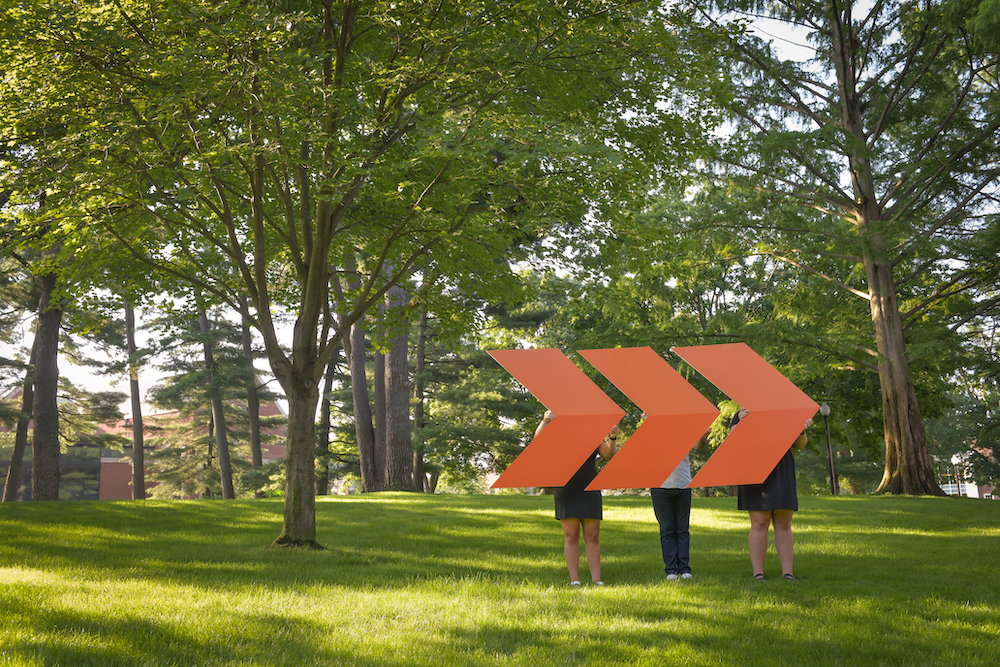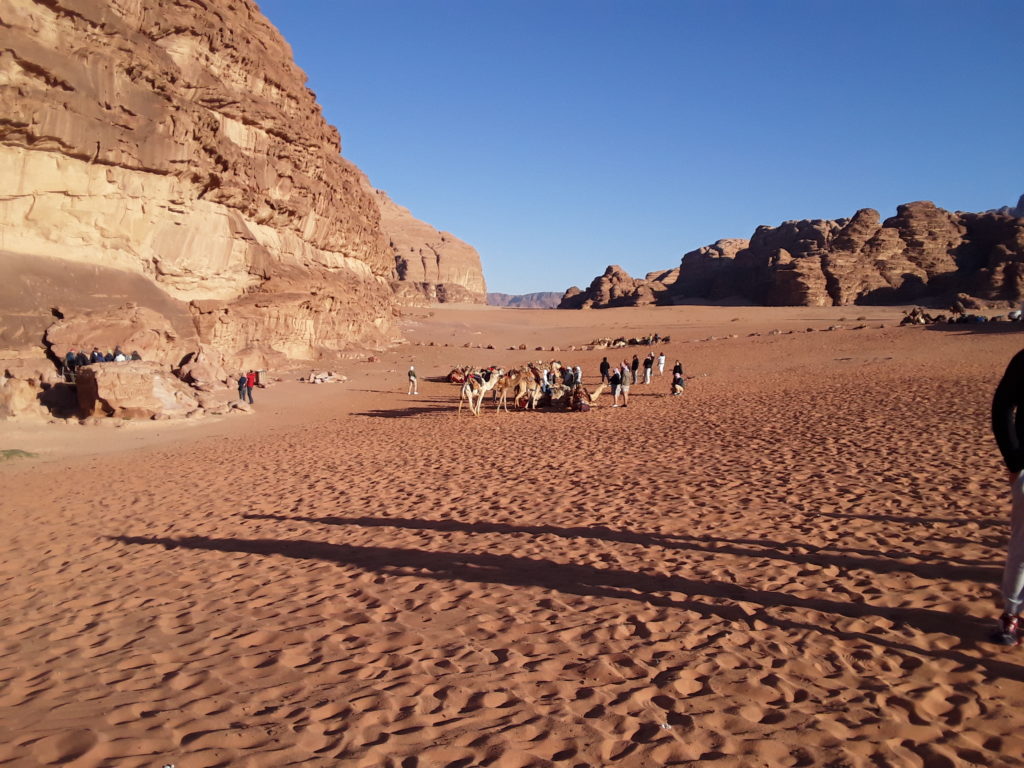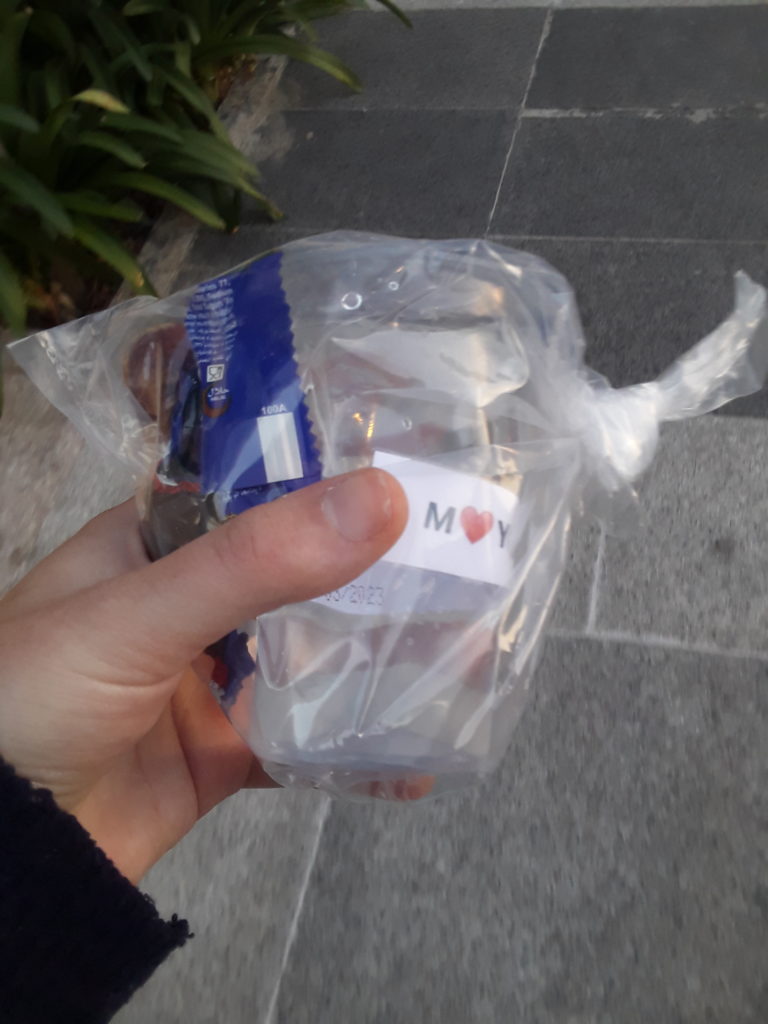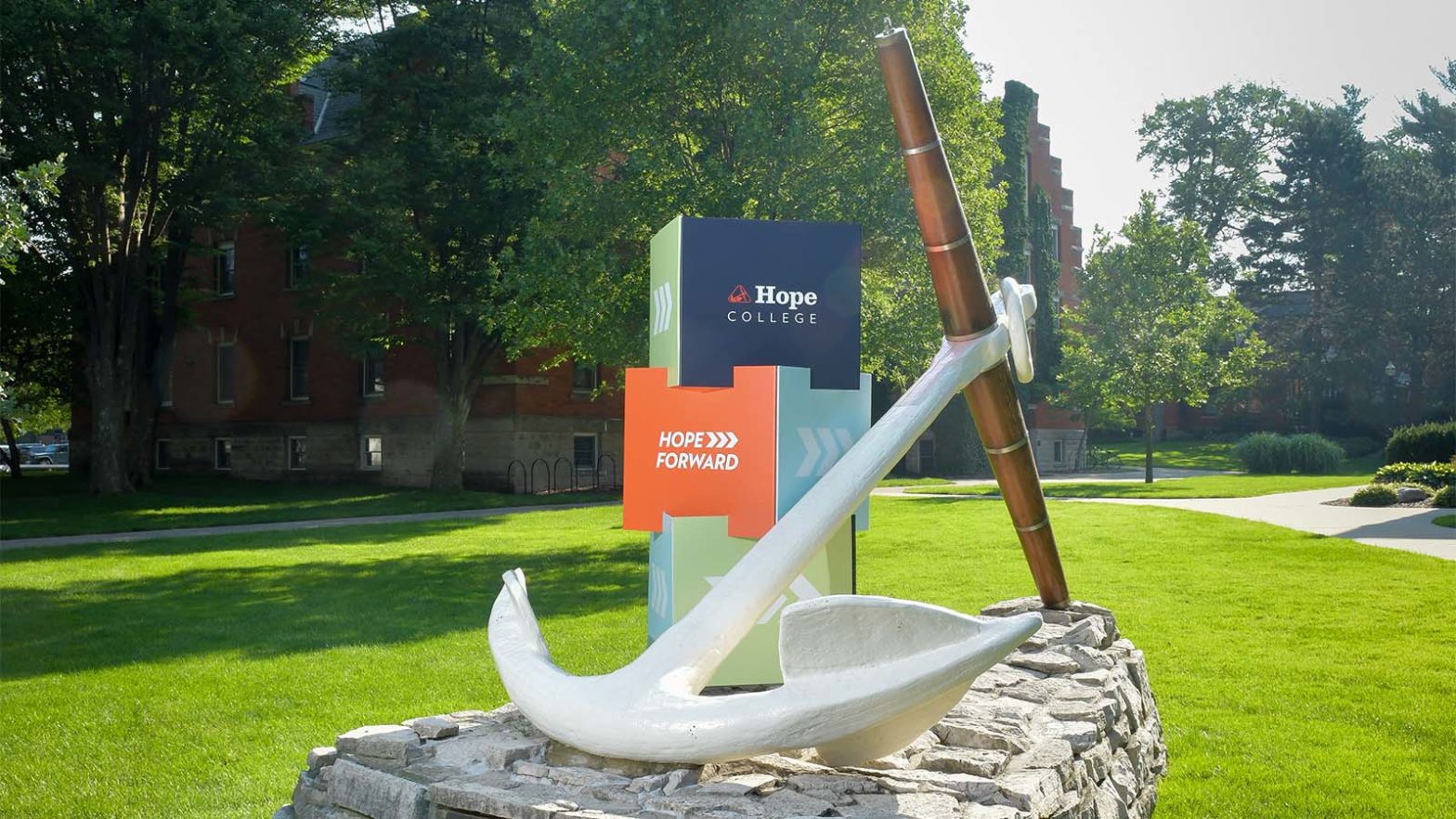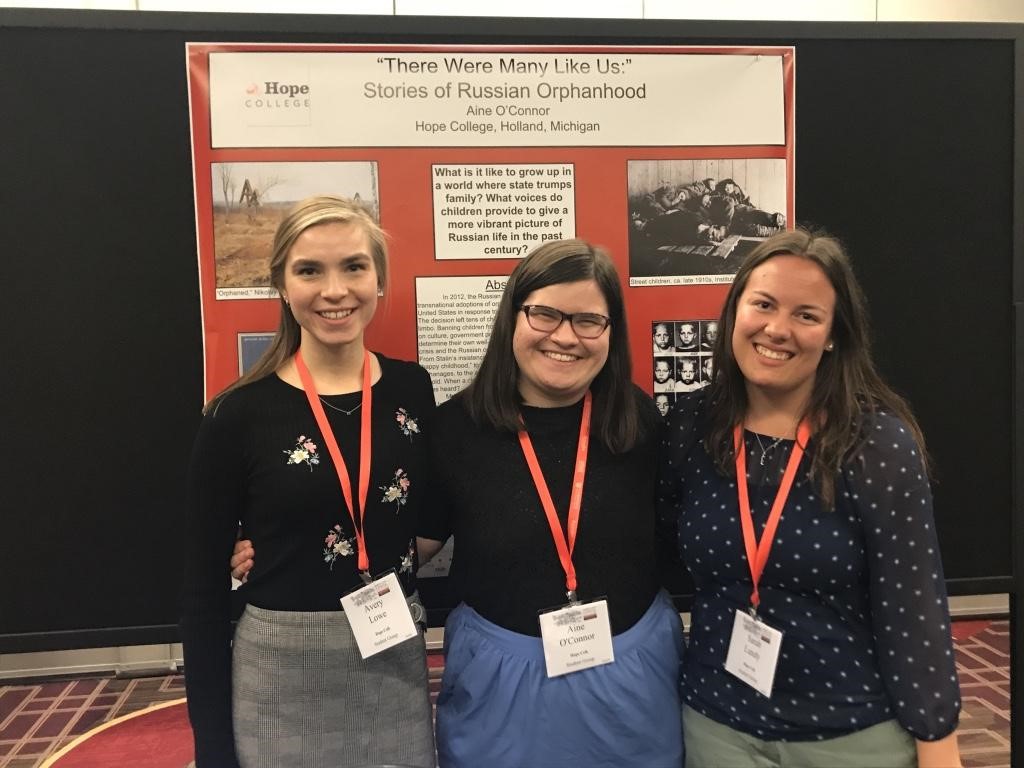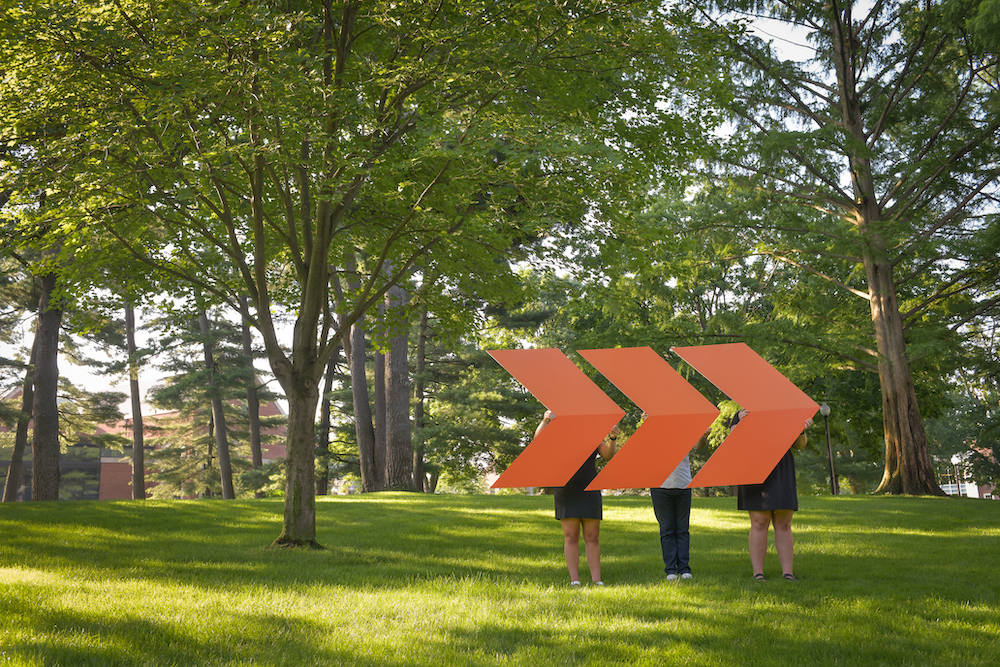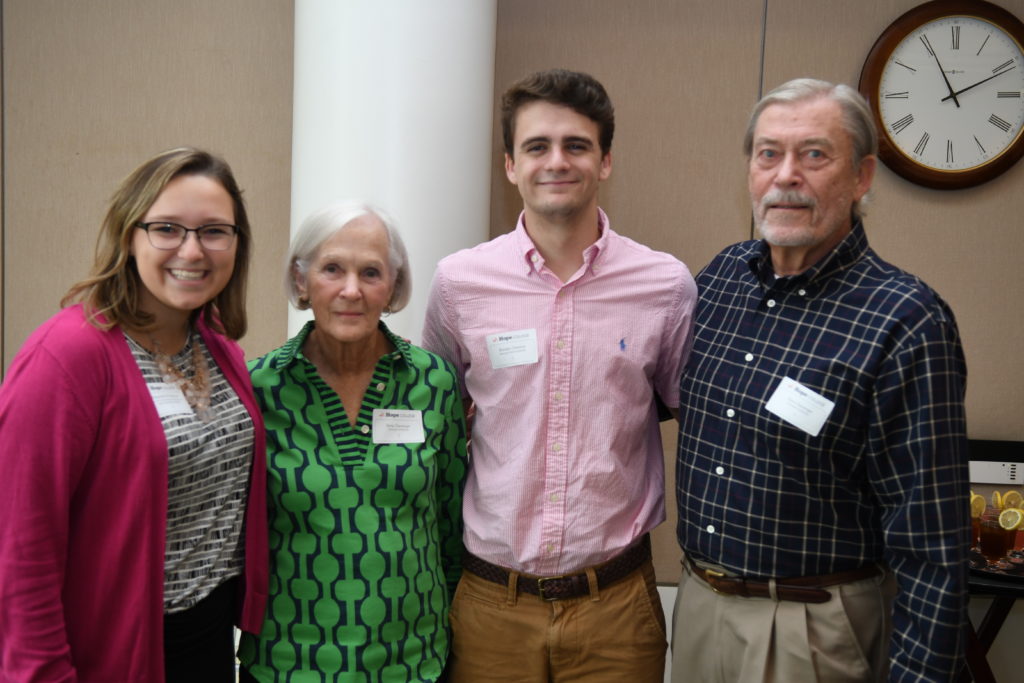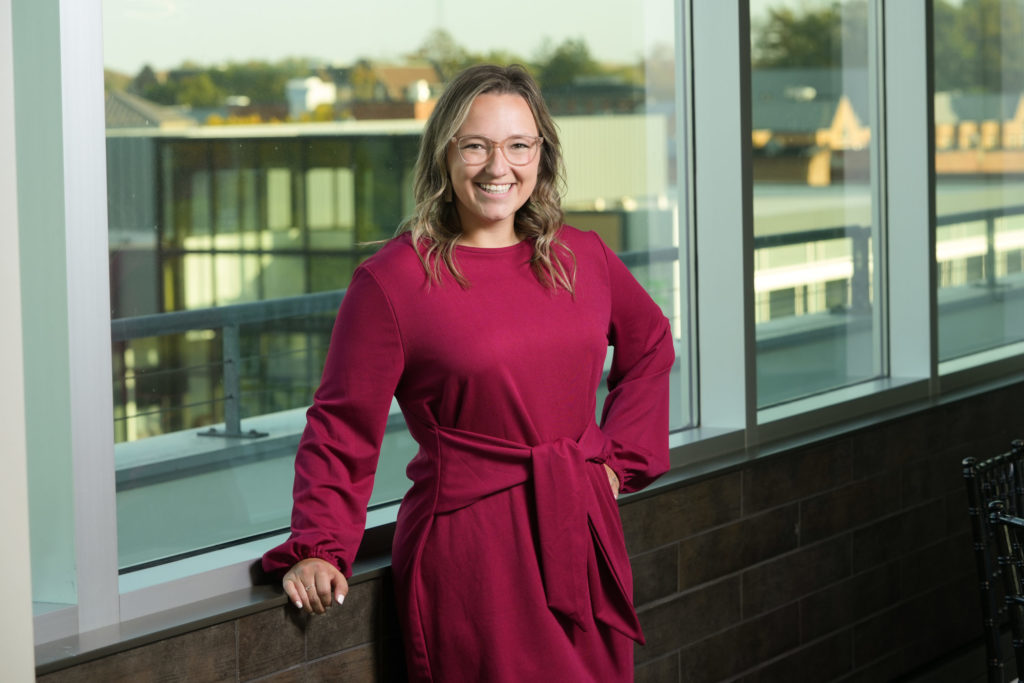At a time when society feels like it’s more about taking than giving, and culture appears to normalize hatred, Hope Forward is Hope College’s way of showing that there is a better way. Hope Forward wasn’t created because Hope College had leftover money. Hope College intentionally made the decision to be generous and plant seeds in students. This vision is rooted in the core beliefs of the Bible, which makes Hope Forward the epitome of generosity when it comes to college scholarships.

As a missionary kid from the age of three, I have grown up solely through the generosity of others. While financial generosity was important, it was the concept of generosity itself that truly impacted me. Understanding that every item and opportunity in my life was made possible by others changed my perspective from selfishness to gratitude, even in difficult times. Sadly, many people my age fail to recognize the generosity that has enabled their lives, resulting in a self-centered outlook. The biggest reason I believe in Hope Forward is that it empowers college students to recognize the abundance of generosity they have received from others throughout their lives. If they have not yet recognized the generosity around them, Hope Forward makes it clear as it is generous in an area where no other colleges are. When generosity of this magnitude is given to college students, it instills a sense of gratitude in them and alters the trajectory of their daily lives.
In my opinion, Hope Forward represents one of Hope College’s greatest assets, as it addresses an area where the college may have previously been lacking. With America being the melting pot of different cultures, I expected people here to be more cultured than in any other country. Yet throughout my time here, I’ve found Americans to be more insular and lacking in cultural exposure. While schools are making progress in integrating various cultures and promoting diversity, many places still struggle with a lack of student representation. For a school like Hope College, which is over 80% white, Hope Forward brings the stories of international and third-culture students to campus. As a result, despite the previous lack of diversity, local students can now anticipate a broader range of cultural experiences and exposure to diverse perspectives. And of course, looking at it from the other perspective, any student now across the world has an opportunity to be at a place like Hope College. Students like me who couldn’t even dream of college in America can now know that there is an opportunity. There is beauty in diversity and the impact will become clearer in Hope students as Hope Forward continues to give opportunities to international students.
As I explained what Hope Forward was to my father, he said that only those who have been loved have the capacity to reciprocate it, just as those who have been the beneficiaries of generosity have the ability to extend it. Hope Forward, far from being a mere financial scholarship, has elevated generosity to the forefront of my life, empowering me to give back to others. As an international student, this program has instilled in me a sense of belonging and a feeling of trust in the college.
Without a doubt, Hope Forward has been the most transformative movement I have been privileged to be a part of, and my life has changed as I am reminded daily of what I have been given.
– Hope Forward Student, Class of 2025


